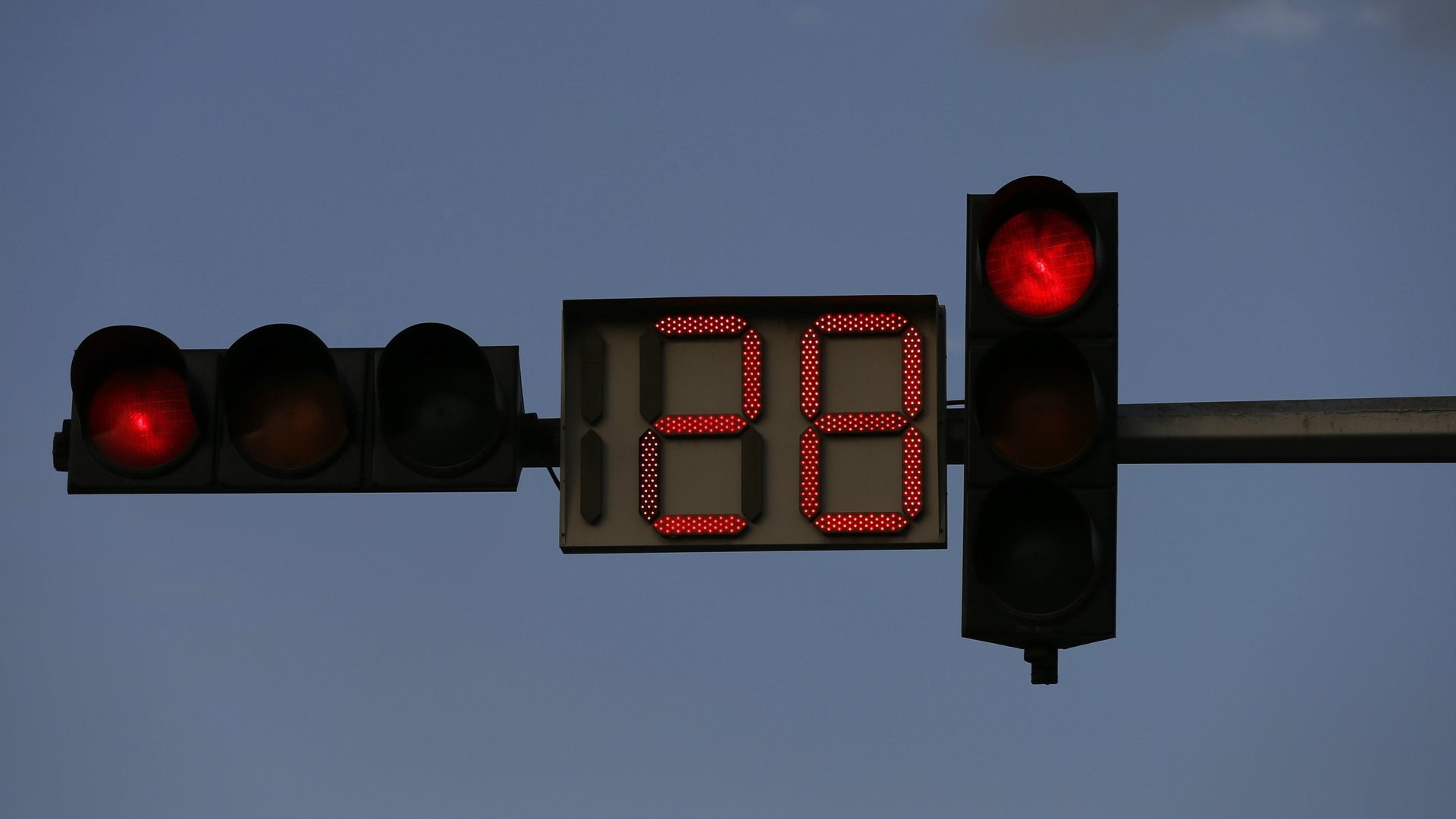A “special adviser on traffic lights” neatly captures the mad world of political appointments in Nigeria
Nyesom Wike, governor of Rivers, a state in Nigeria’s oil-rich south, has appointed a “special adviser on street and traffic lights.” The post, Wike says, is necessary due to the installation of traffic and street lights on major roads across the state. But, as various people pointed out on social media, you don’t need a highly paid aide to do that job:


Nyesom Wike, governor of Rivers, a state in Nigeria’s oil-rich south, has appointed a “special adviser on street and traffic lights.” The post, Wike says, is necessary due to the installation of traffic and street lights on major roads across the state. But, as various people pointed out on social media, you don’t need a highly paid aide to do that job:
Often used to compensate political supporters and their families, political appointments have resulted in an over-bloated government. This year, salaries and benefits will account for 28% of government’s total expenditure (pdf, page 20). That’s down from more than 40% the year before, but mainly because the total budget is much larger. And Wike does not stand alone. In 2011, Rochas Okorocha, the eccentric governor of Imo, a state in Nigeria’s east, named 70 special advisers, including a “chief comedian of the state.”
Though Nigeria is one of Africa’s richest countries, most of its people remain in dire straits, mainly due to financial mismanagement by government officials. As the 2016 Africa Prosperity Report by the Legatum Institute shows, the country’s leaders have “under-delivered” prosperity to citizens, despite strong economic growth in the last decade.
But as economic growth has slowed over the past year, resulting in the country slipping into its first recession in decades, there are increasing calls for cuts to the cost of government. Appointing a “special adviser on traffic lights” shows that the thinking of at least some of Nigeria’s political class hasn’t changed.